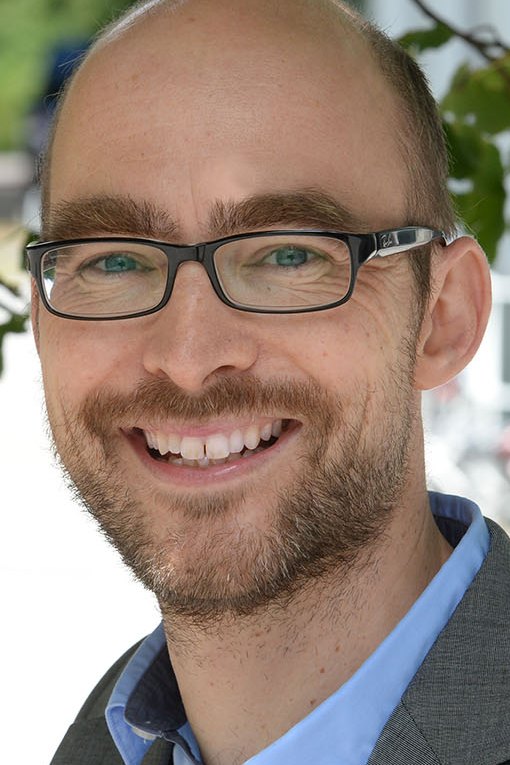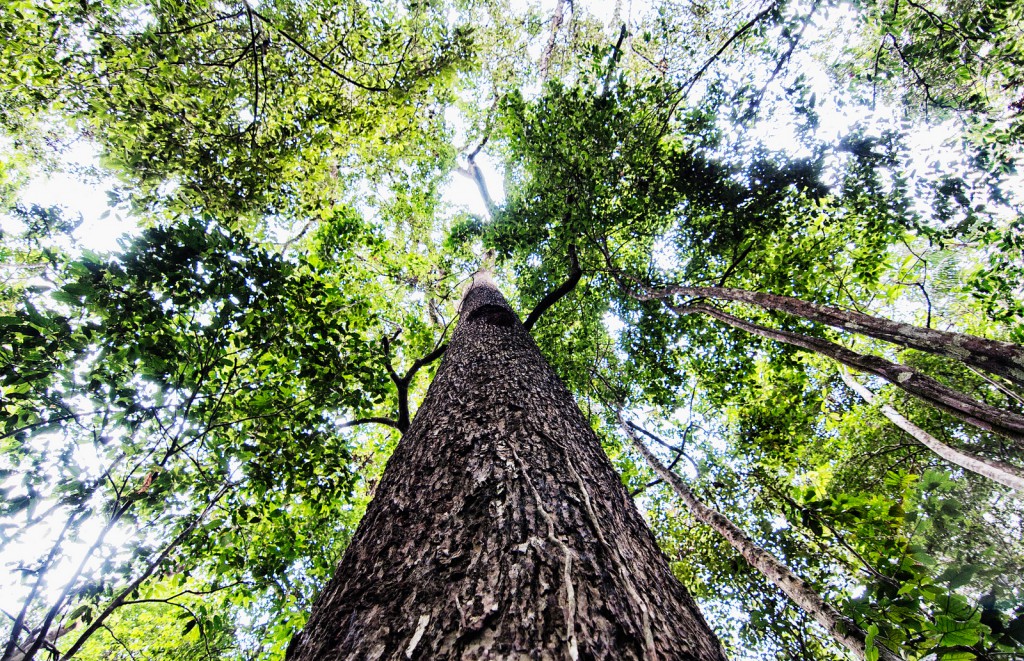
The debate about climate change is almost thirty years old. Endless time and energy has already been spent in unproductive ways: discussing whether climate change actually exists, whether humans contribute to global warming, whether the risks that come with global warming are real and then whether we need to cut down on emissions.
These questions are settled, but many important questions remain to be open for discussion in climate science and climate politics. The upcoming summit in Paris draws our attention towards tackling the challenges associated with climate change in the present, rather than repeating discussions from the past. Part of this is to reclaim the attribute of being “skeptical” as an essential feature of good science. Yet, wise scientists will attempt to direct their skepticism to hypotheses which are not properly grounded in empirical evidence. Continuing the old debate is only in the interest of those actors who feel they need to protect their vested interests in oil, coal and gas and the attached industries with the aim of blocking effective limits to our carbon emissions.

There is no use to trying to persuade professional lobbyists. As Upton Sinclair put it: “It is difficult to get a man to understand something, when his salary depends on his not understanding it.” Journalists have been prone to report climate change within the frame of “skeptics” vs. “warners”. Journalism research has identified two reasons why journalists do so: The first reason is a misguided application of the norm of journalistic balance. The second reason is that the story line provides for conflict and news value and serves as a simple and entertaining way to talk about climate change. It is true that the excesses of climate denial provide for excellent entertainment: A great example of an entertaining way to tell this story, is the recent National Geographic production starring Bill Nye and Arnold Schwarzenegger. Yet, while it is important to keep one’s good humor even in the face of severe problems, journalism also needs to seek out new ways to talk about climate change.
Journalists are among those people who are at the forefront to raise the relevant questions about climate policy and come up with new narratives to be told about climate change. The keep-it-in-the-ground-campaign of the Guardian about raising awareness for the issue of divestment is a good example of such an attempt. The summit in Paris is another prime opportunity to develop a new stories about climate change.
This is why we will not only continue to study the ongoing debates on climate change in our research projects, but we also want to provide day-to-day commentary and analysis of the climate debates during the next three weeks. For this purpose we have invited researchers (ranging from established professors to some of our MA students) from different countries to join our team of bloggers. The blog entries should not be read as communications of scientific research, we will also blog in our role as citizens, who may be able to add to the debate as professional watchers of journalists who are themselves watching climate politics and directing your attention not only to failures of climate journalism but also to interesting stories and perspectives on climate policy.